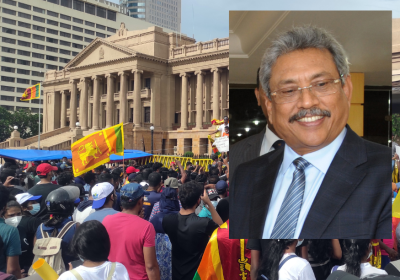
After nearly two months in self-imposed exile, former President Gotabaya Rajapaksa returned to Sri Lanka on September 3, reports Janaka Biyanwila.

After nearly two months in self-imposed exile, former President Gotabaya Rajapaksa returned to Sri Lanka on September 3, reports Janaka Biyanwila.
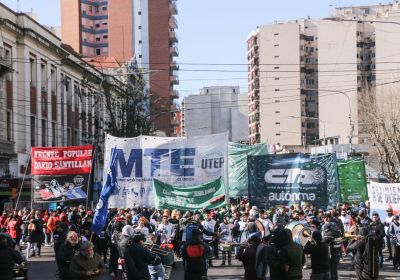
Thousands of people took to the streets across Argentina on August 18 to protest rising living costs and demand the government take action to improve material conditions, reports Ana Zorita.
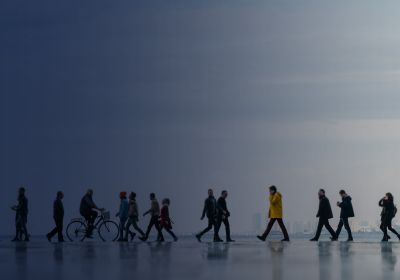
Capitalism is in crisis and new Labor Treasurer Jim Chalmers has offered little by way of analysis and even less optimism, argues William Briggs.
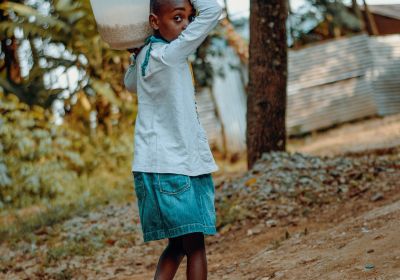
The war in Ukraine has made an already critical food crisis worse. Fingers point to grain supply shortages, but the problem is far deeper and linked to the economic system that turns food into a profitable commodity, writes William Briggs.
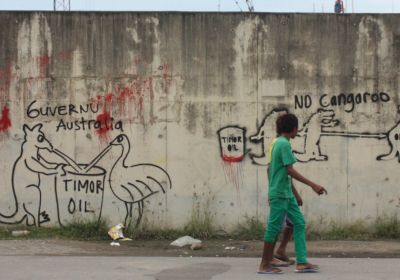
Is Australia a “lapdog” for the United States or is it also an imperialist power — albeit smaller — looking to grow its own interests? Felix Dance looks at the evidence.
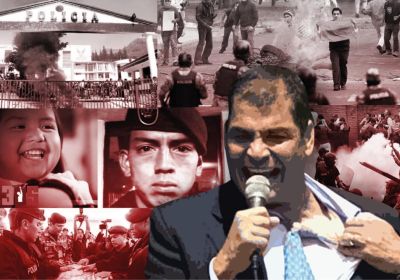
A recent poll shows if opposition candidate Andrés Arauz Galarza is allowed to run in Ecuador’s presidential election next year, he will win, write Vijay Prashad and Pilar Troya. But, if the ruling bloc in Ecuador has its way, Arauz will not be sworn in as the next president in 2021.
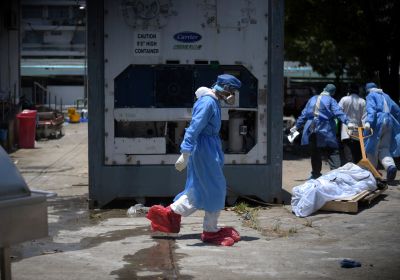
Sentencing former President Rafael Correa to eight years in jail is a desperate move by a repressive administration trapped in a crisis of its own making, writes Denis Rogatyuk.

The International Monetary Fund has rejected Venezuela's appeal for an emergency US$5 billion loan to face the coronavirus health crisis, reports Ricardo Vaz.
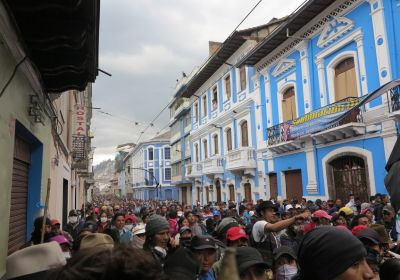
In a victory for the social movement that brought Ecuador’s capital, Quito, to a halt for 11 days, Decree 883 — which had scrapped fuel subsidies — was finally repealed on October 15, writes Jelena Rudd from Quito.
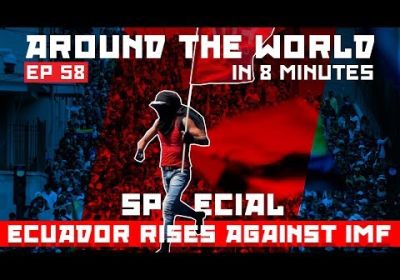
The people of Ecuador took part in a massive national strike on October 9, called by a number of organisations against the neoliberal reforms of President Lenin Moreno.
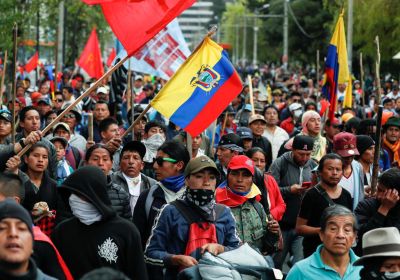
Ecuador’s workers are rising up against President Lenin Moreno’s IMF-mandated neoliberal attacks, writes Denis Rogatyuk.